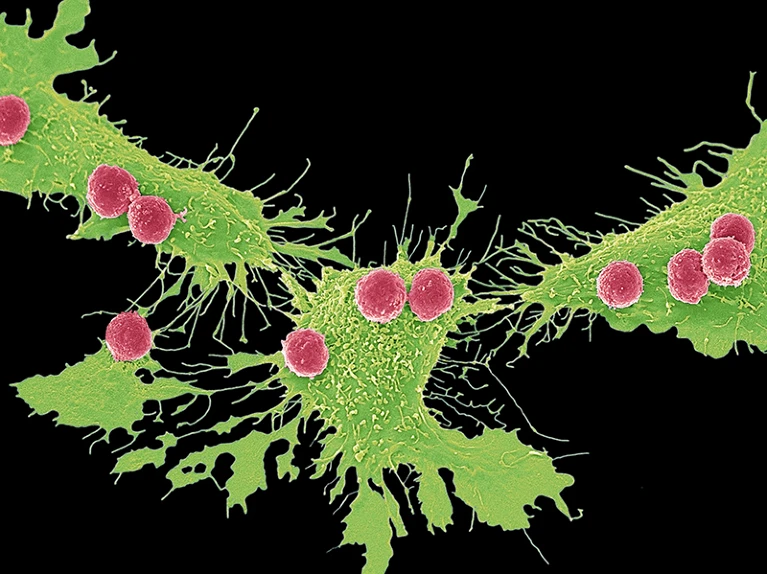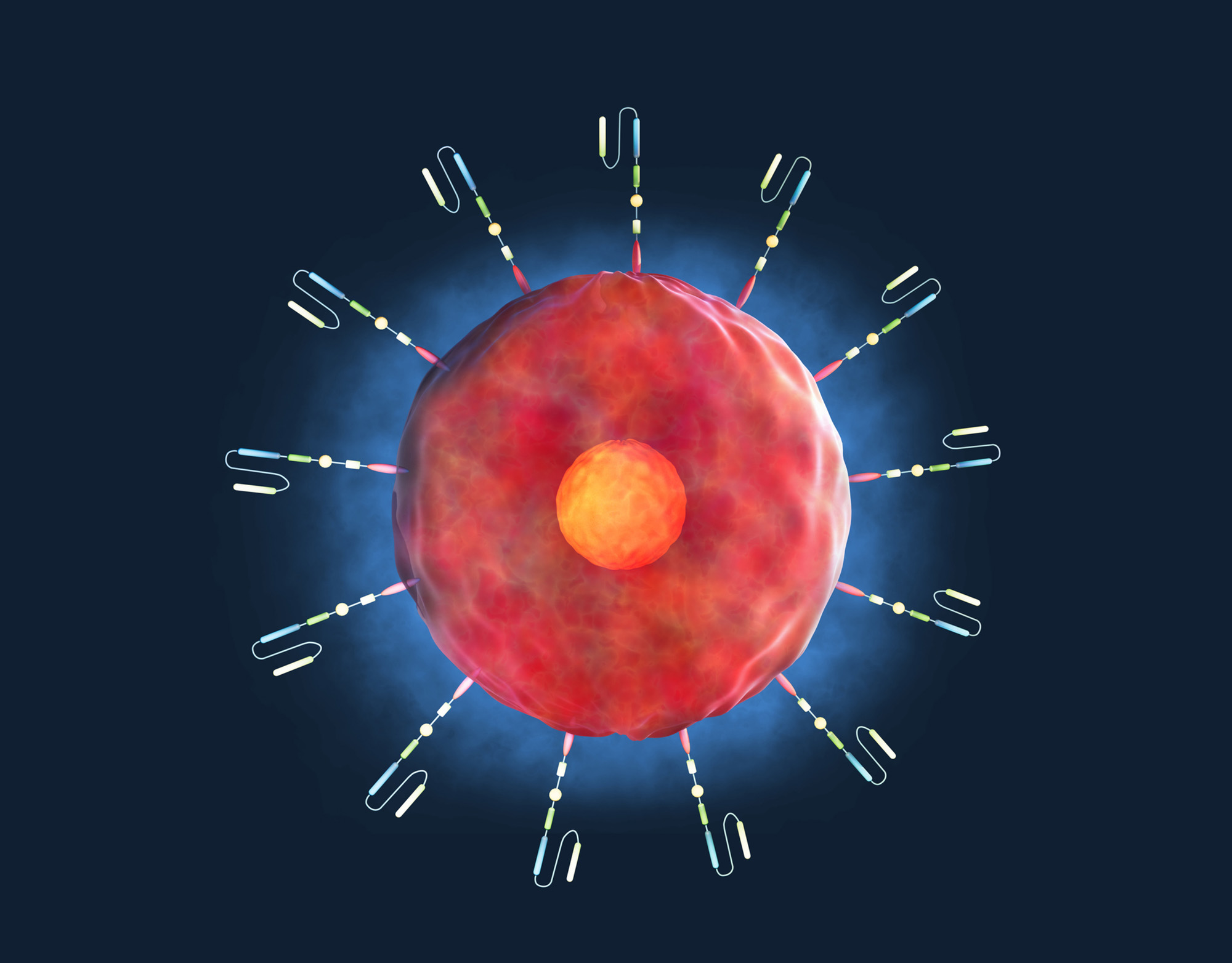By Sara Reardon – Nature –
The CRISPR–Cas9 gene-editing system excels at altering and disrupting genes. But the changes it makes are permanent, which can be a big problem if the system goes awry. Now, a CRISPR-based system that targets a cell’s short-lived messenger RNA instead of DNA could provide a more precise and reversible way of designing cell therapies — and even help scientists to discover how different genes work together. The results were published on 21 February in Cell1.




